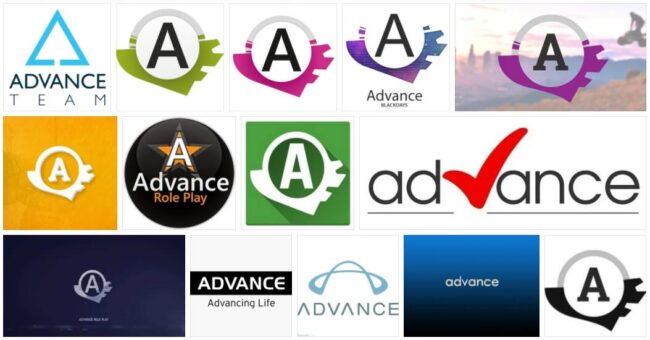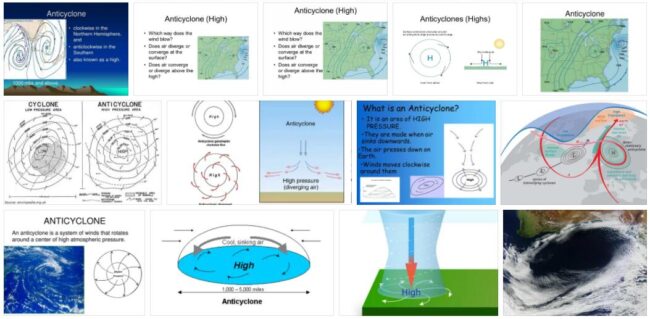Advance or anticipation is the action and effect of anticipating or anticipating (anticipating, putting ahead, advancing, overtaking, making something happen before the expected time). The term has its etymological origin in the Latin word anticipatio.
Providing an advance, therefore, consists of announcing or specifying something that, in principle, was expected for the future (either near or far). For example: “The president gave an advance to the press and stated that tomorrow he will meet with his Uruguayan counterpart to discuss various issues of regional importance”, “The coach preferred not to give any advance as he wants to expand on tomorrow’s press conference “, ” the advance of the minister surprised the government since the measure has not yet been approved “.
The notion of advance is very frequent in the media to refer to topics that will be covered in future blocks or editions. A television journalist or a radio host can give advances of information that will be analyzed later in the same program: “Advance: what will happen to prices in the coming weeks? The Economy Minister is coming to explain the measures he plans to put in place against inflation. ”
Printed publications such as newspapers or magazines can also make advances: “In the next edition of La Gaceta del Sur, special analysis on the performance of the national team in the World Cup. ”
In the music world, certain virtual stores offer their clients advances of a large number of songs; They consist of a fraction of the entire theme, generally lasting around thirty seconds, thanks to which it is possible to appreciate aspects such as rhythm and style, although they intentionally avoid the best parts, in order to promote sales.
The demo, on the other hand, can be considered a form of product advance, and is very common in the computer and video game industry. A program with a percentage of its functions or with limitations such as preventing the saving of projects, or a few levels of a game whose final version includes dozens, are some examples of demos in these areas. In all cases, they are offered free of charge and sometimes have a usage deadline.
An advance, on the other hand, is an advance of money. If a person usually receives a salary of 1,000 pesos on the 27th of each month and asks his employer to advance part of that money, the company can give him an advance of 300 pesos and then, when the usual date of payment arrives, complete his salary with the remaining 700 pesos.
This concept is also used in the real estate field, to describe the amount of money that many landlords demand from their future tenants to secure a resource for eventual defaults or to use it in the event that the latter leave the house in very poor condition., and that reforms are necessary. In normal situations, once the contract term has ended, tenants recover the advance in full.
Many mobile phone companies offer their customers a service that provides them with a balance advance when they are away from a charging station and their credit has run out. It is a very useful tool, especially in emergencies, since it allows you to get enough money to make a few calls. The conditions are usually the following: the company makes a small charge and imposes a fee for said service; the payment of the same is carried out the next time the user loads her card, simply discounting her debt from the acquired credit.




